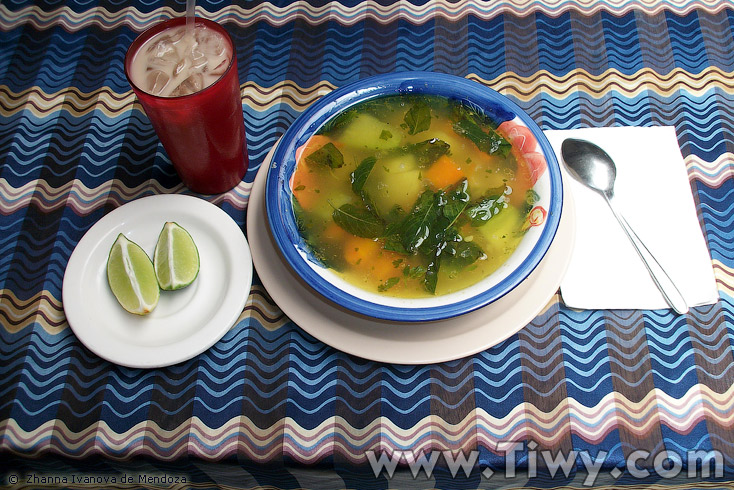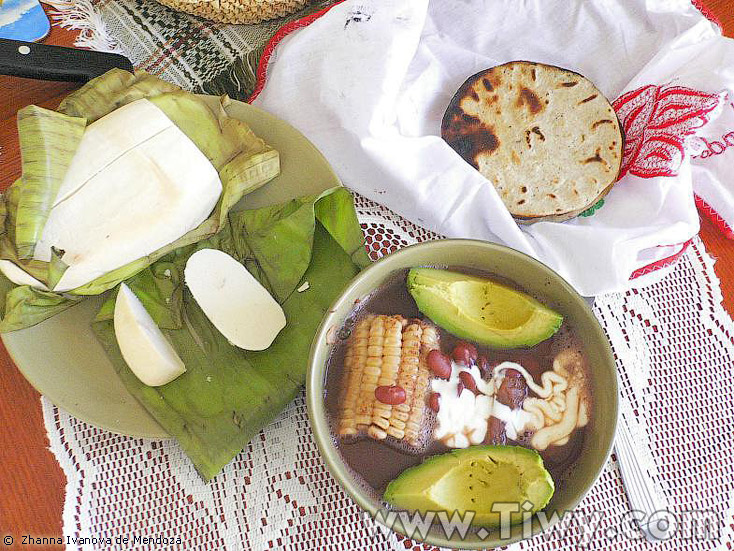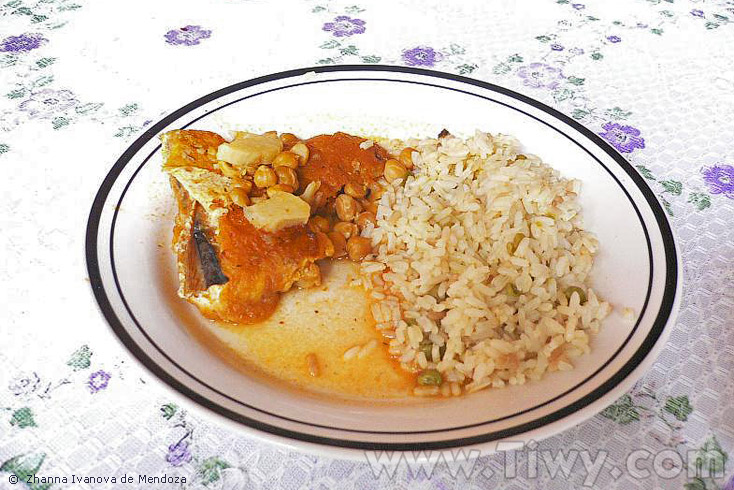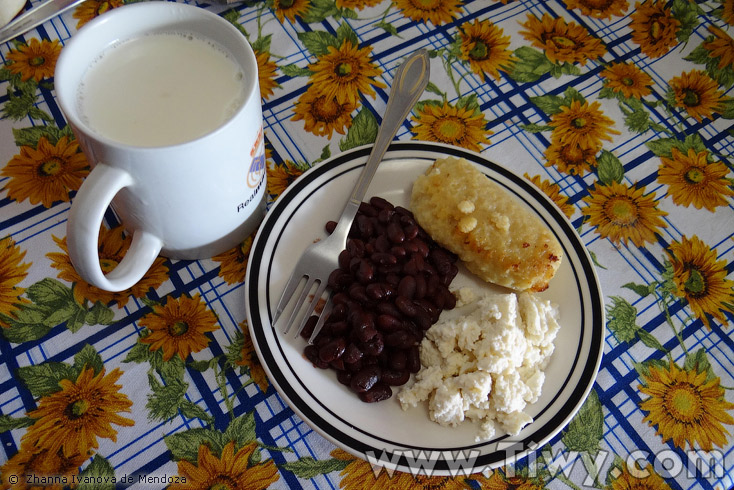Salvadoran cuisine: simple, but tasteful
July 2013
Food – this is one of those topics, on which any self-respecting Salvadoran can talk endlessly. Even the Salvadorans often joke that the food – it's their favorite sport and entertainment, in which they have no match. It is worth mentioning that the Salvadoran cuisine is not something particularly exquisite or exotic. On the contrary. Many traditional dishes are rather simple, both in composition and in the preparation, but, nevertheless, their charming plainness, originality and unusual taste, no doubt, is a matter of national pride of the Salvadorans.
Talk about a Salvadoran cuisine is definitely worth starting with the main traditional dish – pupusas, which is a small cake made of corn or rice flour. Filling can be both widespread – cheese, beans, pork, pumpkin, and quite unusual combination like shrimp, fish, wood mushrooms and radishes. Traditionally cooked pupusas is made in a clay hearth – comal. The pupusas are taken by hands, seasoning them with hot tomato sauce and sauerkraut.

Despite the fact that the pupusas are common in neighboring countries (anthropologists have not come to a consensus about the "homeland" of the dish), universal love and the status of national heritage they received in particular in El Salvador. On 1 April 2005 a decree was issued, under which the second Sunday of November has been officially called the "Day of pupusas." The Ministry of Culture is constantly organizing various events – folk festivals, panel discussions, presentations devoted to this dish. In 2007, in one of such competitions in El Salvador, they cooked the pupusa, which ranked in the Guinness Book of Records as "the biggest pupusa." In diameter this wonder-pupusa was 3 m 15 cm; in its preparation they used 200 pounds (about 91 kg) of flour, 40 pounds (18 kilograms) of cheese and just as much pork. About 50 people took part in its preparation.
It is not difficult to guess that the Salvadoran cuisine was formed under the influence of Indian culinary traditions. Native Indian heritage is the most favorite Salvadorans tamales – a dish of corn dough, which in the process of cooking is wrapped in banana leaves envelopes. The envelopes are tied with a special rope, made from plant fibers, produced from mangrove swamps.
There are many varieties of tamales, differing by the type of filling, on which, in turn, depends the shape of banana leaf. Pork, eggs, fragrant herb chipilin, prunes, raisins and cheese can act as the filling. Tamales pisques are stuffed with brown beans, tamales ticucos – with white. Tamales made of young tender Indian corn are sweet in taste.





It should be noted that the Salvadorans are big fans of any "street" food. At any time of the day on the streets, in parks and squares one can see a large number of merchants offering a variety of dishes. Particularly popular are the dishes made of corn, cooked in various ways (roasted over charcoal with lemon, sweet corn fritters riguas, etc.), fried in lots of oil hot meat pies or "crazy corn" (elote loco) with ketchup, mayonnaise and cheese.
Lovers of adrenaline buzz can visit specially arranged exotic food festivals, where one can try different food, such as frogs meat, iguana soup or local rodents. On the beaches and in restaurants it is certainly worth trying cocktails made of fresh shrimps, oysters and mussels, fried grilled fish - boca colorada.




